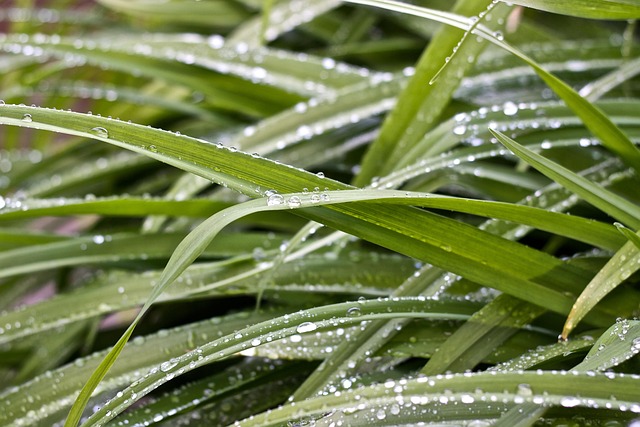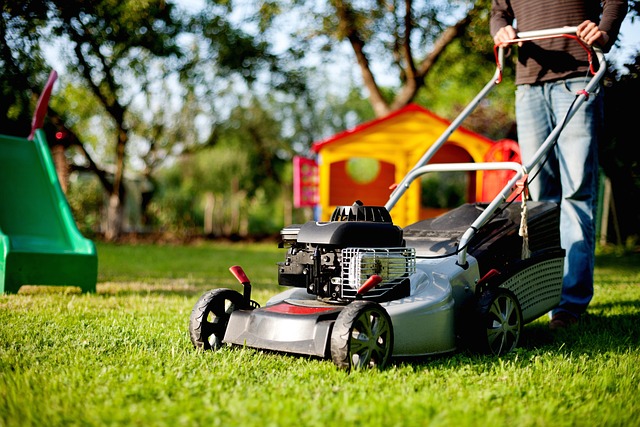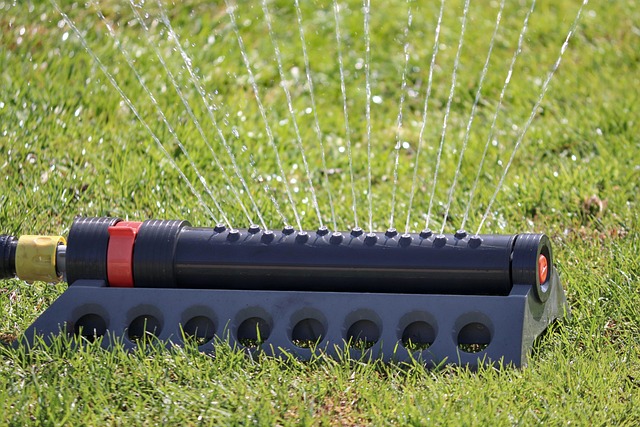Soil compaction around pipelines in industrial areas like Centennial is a significant issue caused by heavy machinery and weeds competing for resources. Implementing effective industrial weed control strategies, including targeted herbicide applications, is crucial to mitigate compaction, promote plant growth, and reduce long-term maintenance efforts. Centennial Pipeline has pioneered eco-friendly solutions using advanced techniques like targeted herbicides and innovative mechanical strategies to balance industrial development with environmental preservation.
Lawn plant soil compaction, especially around pipelines, can stifle growth and pose environmental risks. This article delves into the problem of soil compaction along industrial pipelines near Centennial, exploring effective strategies for relief. We discuss the intricacies of understanding compacted soil’s impact on vegetation and offer solutions to combat this challenge. Additionally, we highlight Centennial Pipeline’s commitment to eco-friendly approaches in industrial weed control, setting a sustainable precedent for the industry.
- Understanding Soil Compaction Around Pipelines
- Strategies for Effective Industrial Weed Control
- Centennial Pipeline's Eco-Friendly Solutions Implementation
Understanding Soil Compaction Around Pipelines

Soil compaction around pipelines, especially in industrial areas like Centennial, can be a significant concern. This issue often arises due to heavy machinery and vehicle traffic, leading to compacted soil that hinders water penetration and nutrient uptake, affecting plant growth. The problem is exacerbated by dense vegetation, particularly weeds, which compete for resources and further restrict root development.
Industrial weed control along pipelines is crucial in mitigating this challenge. Effective strategies involve targeted herbicide applications to manage invasive species while ensuring the health of desired plants. By maintaining a balanced ecosystem with minimal soil compaction, pipeline operators can promote robust plant growth, strengthen ground cover, and reduce long-term maintenance efforts.
Strategies for Effective Industrial Weed Control

Max Bed, Listangly, Structure, This Only, Structure (Prodove, Time & Structure, In Simple, Source Material, In The Rest Method, First Item, Attention, Structure Function Trade Standard, Structure
Centennial Pipeline's Eco-Friendly Solutions Implementation

In response to soil compaction issues, especially in areas with heavy industrial activity like pipeline construction, Centennial Pipeline has pioneered eco-friendly solutions. The company recognizes the importance of minimizing environmental impact during critical infrastructure projects. Their approach includes implementing advanced industrial weed control techniques along pipelines near Centennial, focusing on safe and sustainable methods. By employing targeted herbicide applications and innovative mechanical strategies, they effectively manage vegetation growth while preserving soil integrity.
These eco-conscious practices not only alleviate soil compaction but also contribute to the overall health of the ecosystem. With a commitment to responsible land management, Centennial Pipeline ensures their operations leave minimal footprints, fostering a harmonious balance between industrial development and environmental preservation in the areas surrounding their pipelines.
In addressing lawn plant soil compaction around pipelines, especially in industrial settings, a holistic approach combining understanding soil issues, effective weed control strategies, and eco-friendly solutions proves pivotal. For instance, Centennial Pipeline’s successful implementation of green initiatives highlights the potential for sustainable practices to mitigate compaction and promote healthier landscapes. When it comes to industrial weed control along pipelines near Centennial or any urban area, prioritizing environmental stewardship alongside efficient maintenance is key to ensuring both pipeline integrity and ecological balance.
